Society
Stalin, Orthodoxy and Quill Pens: The Story of a New Private School in Perm
September 10, 2024
-
Sergey Chernyshov
Historian, researcher at Ruhr-Universität Bochum

Historian Sergey Chernyshov talks about a new phenomenon in education in Russia: backed by oligarch money, Russian schools are ditching Western models and going back to Soviet and even prerevolutionary ones.
The original text in Russian was published in the Moscow Times and is being republished here with small changes at the author’s permission.
A private school called Svetonika is opening in Perm that will teach children using Soviet and prerevolutionary textbooks. This concept, known as the Russian Classical School (RKL), has been around for almost 30 years, with dozens of schools in Russia operating on the model; however, for the first time big business has officially invested in one: Svetonika is a subsidiary of Igor Altushkin’s Russian Copper Company.
A private school called Svetonika is opening in Perm that will teach children using Soviet and prerevolutionary textbooks. This concept, known as the Russian Classical School (RKL), has been around for almost 30 years, with dozens of schools in Russia operating on the model; however, for the first time big business has officially invested in one: Svetonika is a subsidiary of Igor Altushkin’s Russian Copper Company.

Letovo school, a private boarding school in Novomoskovskiy, Moscow.
Source: Wiki Commons
Source: Wiki Commons
Russian billionaires and wealthy officials have opened private schools before. The most well-known are Letovo (Vadim Moshkovich) and Khoroshkola (German Gref), both in Moscow. Regional projects get less attention, such as the Tochka Buduschego (Future Point) educational park built by Rostec head Sergei Chemezov in his native Irkutsk. What they had in common was the idea of creating schools in Russia that follow international standards, primarily the International Baccalaureate program, which opens the door to the best universities in the world.
But times have changed: the motto “let’s do it like Europe and America” is a thing of the past and, amid the full-scale war in Ukraine, just about against the law. So, instead of international schools, billionaires have begun to copy Soviet schools.
Russia’s neighbors in the post-Soviet space continue to focus on international standards (for example, Kazakhstan has a nationwide network of so-called Nazarbayev Intellectual Schools), while Moscow makes Russian schools hold “Conversations about Important Things” with students (see Russia.Post about it here) and other remakes of Soviet traditions, like subbotniks (“volunteer” work on the weekend) and meetings with veterans. Now, however, it is veterans not of World War II, but of the “special military operation” in Ukraine.
Against this backdrop, the appearance in Russia of a nostalgic school financed by a billionaire hardly seems surprising. Altushkin’s school in Perm will distill all the archaic mythology around education that the average Russian believes in.
The methodologists behind the Russian Classical School say that it appeared in the mid-1990s as a response to the “degradation of Russian education.” A team of proactive teachers was then assembled by Tatyana Altushkina – the wife of Igor Altushkin, who had by that time risen to prominence in the metals and mining sector through hostile takeovers (reiderstvo). Altushkina is the mother of six children, the youngest of whom was born in London, where the entire Altushkin family lives. That did not change her views on school education, however.
In a nutshell, the idea of the RKL is that all the best teaching methods were invented by great prerevolutionary and Soviet educators, among whom Konstantin Ushinsky, a writer and teacher in the mid-19th century, looms large. After the fall of the USSR, everything only got worse, they claim, especially when the “liberalization of school” started.
But times have changed: the motto “let’s do it like Europe and America” is a thing of the past and, amid the full-scale war in Ukraine, just about against the law. So, instead of international schools, billionaires have begun to copy Soviet schools.
Russia’s neighbors in the post-Soviet space continue to focus on international standards (for example, Kazakhstan has a nationwide network of so-called Nazarbayev Intellectual Schools), while Moscow makes Russian schools hold “Conversations about Important Things” with students (see Russia.Post about it here) and other remakes of Soviet traditions, like subbotniks (“volunteer” work on the weekend) and meetings with veterans. Now, however, it is veterans not of World War II, but of the “special military operation” in Ukraine.
Against this backdrop, the appearance in Russia of a nostalgic school financed by a billionaire hardly seems surprising. Altushkin’s school in Perm will distill all the archaic mythology around education that the average Russian believes in.
The methodologists behind the Russian Classical School say that it appeared in the mid-1990s as a response to the “degradation of Russian education.” A team of proactive teachers was then assembled by Tatyana Altushkina – the wife of Igor Altushkin, who had by that time risen to prominence in the metals and mining sector through hostile takeovers (reiderstvo). Altushkina is the mother of six children, the youngest of whom was born in London, where the entire Altushkin family lives. That did not change her views on school education, however.
In a nutshell, the idea of the RKL is that all the best teaching methods were invented by great prerevolutionary and Soviet educators, among whom Konstantin Ushinsky, a writer and teacher in the mid-19th century, looms large. After the fall of the USSR, everything only got worse, they claim, especially when the “liberalization of school” started.
“The RKL says it’s time to get back to basics. For example, first graders should write not with a ballpoint pen but with a pencil and a swan or goose quill pen.”

Igor Altushkin, the founder and largest shareholder of the Russian Copper Company, and his wife Tatiana. Source: Dzen
Pupils at Altushkin’s Svetonika are to be taught using Soviet textbooks, which include Stalin but not cartoon characters – a point in which the methodologists take extra pride. In addition, the RKL concept includes a heavy dose of “morality” and Orthodox culture.
Do not ask how a goose quill pen, Stalin and Orthodox culture coexist in one methodology. In the worldview of the average Russian, however, they cohere quiet well. In this sense, the RKL is flesh and blood of Russian society.
When European models finally went out of fashion in Russia, schools and “schools” (unofficial associations of parents, adult education centers and others) proclaiming that they operate on the “RKL model” spread across the country. Judging just by company extracts in the Unified State Register of Legal Entities (ERGUL), there are more than three dozen such firms from St Petersburg to Khabarovsk. Plus at least twice as many working without a license.
The archaism and appeal to the past inherent in the RKL is based on the widespread belief that Soviet education was (and remains!) the best in the world, and the USSR the most well-read country.
The archaic RKL is gaining popularity also because the Russian teaching community as a whole is archaic. The Russian school system is widely represented by people who were formed and received higher education back in the USSR: a quarter of all schoolteachers are over 55 years old, while two thirds are over 40. It is a system where teachers change jobs just once every 15 years on average.
In terms of values, this system has remained somewhere in the middle of the 20th century: according to sociologists, Russian teachers generally prefer a “strong state” to “individual freedom” and share the view that the collapse of the USSR was “the greatest geopolitical catastrophe.“
Overall, it seems quite logical that a project has appeared in Russia with, all at the same time, Stalin, imperial Orthodoxy, quill pens and boys and girls studying separately – and all this sponsored by a billionaire who made his fortune in the 1990s. Take a look at Svetonika in Perm and the future of Russian education is plain to see.
Do not ask how a goose quill pen, Stalin and Orthodox culture coexist in one methodology. In the worldview of the average Russian, however, they cohere quiet well. In this sense, the RKL is flesh and blood of Russian society.
When European models finally went out of fashion in Russia, schools and “schools” (unofficial associations of parents, adult education centers and others) proclaiming that they operate on the “RKL model” spread across the country. Judging just by company extracts in the Unified State Register of Legal Entities (ERGUL), there are more than three dozen such firms from St Petersburg to Khabarovsk. Plus at least twice as many working without a license.
The archaism and appeal to the past inherent in the RKL is based on the widespread belief that Soviet education was (and remains!) the best in the world, and the USSR the most well-read country.
The archaic RKL is gaining popularity also because the Russian teaching community as a whole is archaic. The Russian school system is widely represented by people who were formed and received higher education back in the USSR: a quarter of all schoolteachers are over 55 years old, while two thirds are over 40. It is a system where teachers change jobs just once every 15 years on average.
In terms of values, this system has remained somewhere in the middle of the 20th century: according to sociologists, Russian teachers generally prefer a “strong state” to “individual freedom” and share the view that the collapse of the USSR was “the greatest geopolitical catastrophe.“
Overall, it seems quite logical that a project has appeared in Russia with, all at the same time, Stalin, imperial Orthodoxy, quill pens and boys and girls studying separately – and all this sponsored by a billionaire who made his fortune in the 1990s. Take a look at Svetonika in Perm and the future of Russian education is plain to see.
Share this article
Read More

